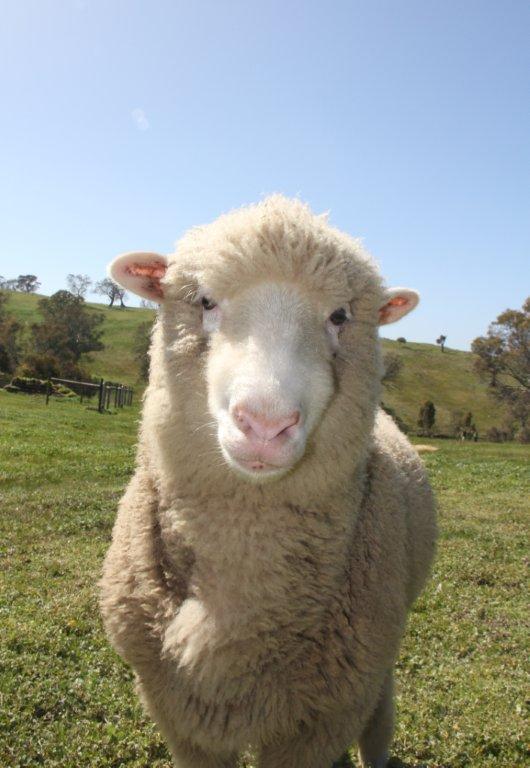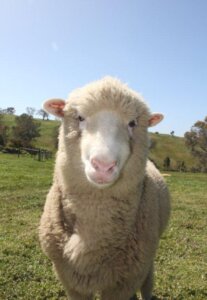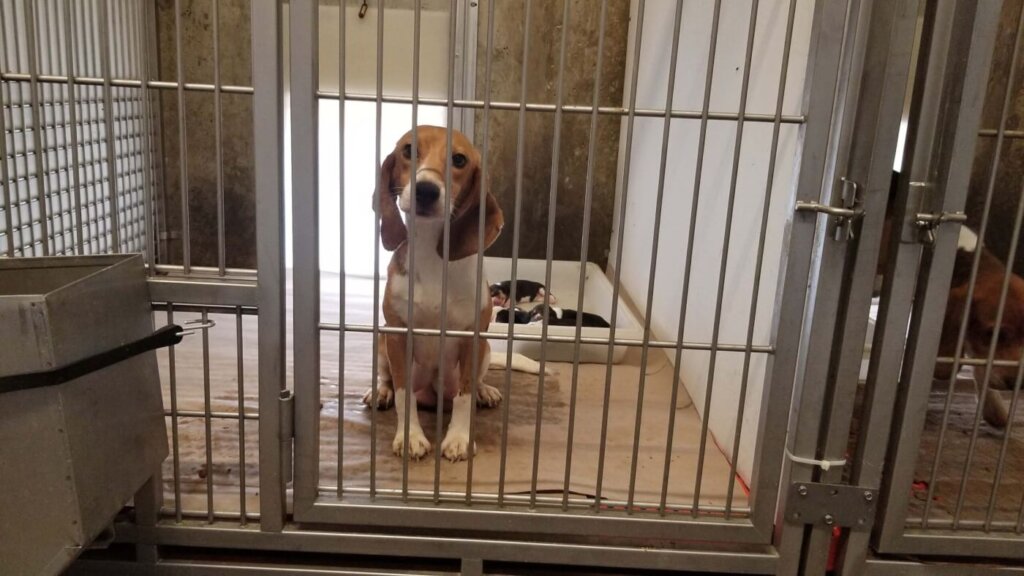
The Environmental Cost of Live Export
 If the suffering of millions of animals on live-export ships every year isn’t a good enough reason for you to support a ban on live export, a new case study by PETA Australia should convince you. The report, which examines live export’s carbon footprint, reveals that the live-export trade is one of the top 40 CO2 emitters in Australia. Bringing this cruel industry to an end would be the equivalent of removing some 320,000 cars from Australia’s roads.
If the suffering of millions of animals on live-export ships every year isn’t a good enough reason for you to support a ban on live export, a new case study by PETA Australia should convince you. The report, which examines live export’s carbon footprint, reveals that the live-export trade is one of the top 40 CO2 emitters in Australia. Bringing this cruel industry to an end would be the equivalent of removing some 320,000 cars from Australia’s roads.
Animals’ long journey from the farm to the slaughterhouse is one of environmental destruction. Cattle and sheep may be transported thousands of kilometres by truck to ports. They are shipped to the Middle East – a gruelling journey that can take weeks – and the empty ships then journey back to Australia to collect more animals. The entire process racks up CO2 emissions.
According to PETA Australia’s case study, based on the new carbon tax legislation requirements (at $23 a tonne), the Australian live-export industry should be paying as much as $40 million in environmental taxes every year.
Instead, the private companies running this cruel industry were offered $100 million in taxpayer subsidies to prop up their trade, even though the shocking treatment of Australian animals shown on the Four Corners report “A Bloody Business” led to an all-too-brief suspension of live-cattle exports to Indonesia, the leading importer of cattle from Australia.
So for now, the animals, the Australian taxpayers and the environment are all paying a high price for the continuation of a trade which is damaging to our international reputation as well as to our local processing industries. Please ask Australian officials to ban live export today and stop the death ships once and for all.
Posted by Jason Baker
Animals Are Suffering in Laboratories – Help Save Them Now


